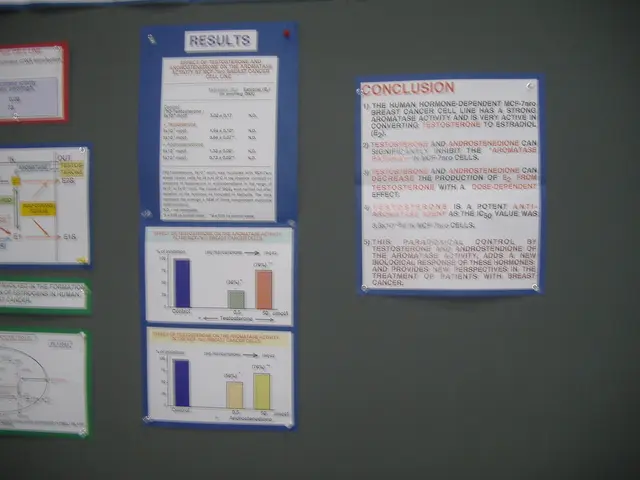Preference leans towards quicker specialist consultations rather than unconstrained doctor selection among the majority. - Favoritism for expediting specialist doctor appointments over personal physician selection gains MEP approval.
Reform Pushed for Faster Specialist Appointments as Survey Shows Statutory Health Insurance Disadvantage
A survey conducted by the Forsa Institute on behalf of the AOK Federal Association indicates a need for reform in the outpatient care system, with those under statutory health insurance reporting difficulties in scheduling specialist appointments.
The survey reveals that nearly 6 in 10 (56%) individuals with statutory health insurance have encountered issues in securing appointments compared to their counterparts with private insurance. Furthermore, 17% have had appointments granted only after paying out-of-pocket or booking additional services.
Supporting the idea of transferring tasks from healthcare professionals to other healthcare professions, the survey found that 68% of respondents found this suggestion very good or rather good. A total of 8,500 people participated in the poll.
The AOK Federal Association has urged the new federal government to prioritize the implementation of reforms for the so-called primary care, as promised in the coalition agreement. By creating a system where general practitioner practices serve as the initial point of contact, patients would be directed accordingly, addressing some of the most pressing problems in outpatient care, according to AOK board chair Carola Reimann.
The reform, she emphasized, would prioritize patient orientation and improve access. Recent statistics suggest that this issue is pertinent, as a 2025 questionnaire study on challenges faced by coaches regarding the evaluation of pediatric athletes showed that 48% of parents had challenges arranging specialized procedures, and 42% struggled with booking appointments at healthcare facilities. Additionally, about 30% reported receiving no clear guidance on which department to approach for routine follow-ups.
As the findings from the survey and the questionnaire study align with broader discussions about problems in specialist appointment scheduling and healthcare task transfer in Germany and similar statutory health insurance systems, the need for reform grows increasingly urgent. By improving guidance, instating efficient appointment scheduling systems, increasing task transfer, and focusing on patient satisfaction, it is possible to streamline patient flow and address the pressing issues in outpatient care.
In light of the survey results and the questionnaire study, the Commission in the United Kingdom could use science and health-and-wellness research to explore innovative therapies-and-treatments and nutrition-based approaches that may help streamline specialist appointment scheduling and improve overall patient satisfaction within the statutory health insurance system. By focusing on these aspects, the United Kingdom could potentially address similar issues observed in Germany and other systems with comparable health insurance structures.







